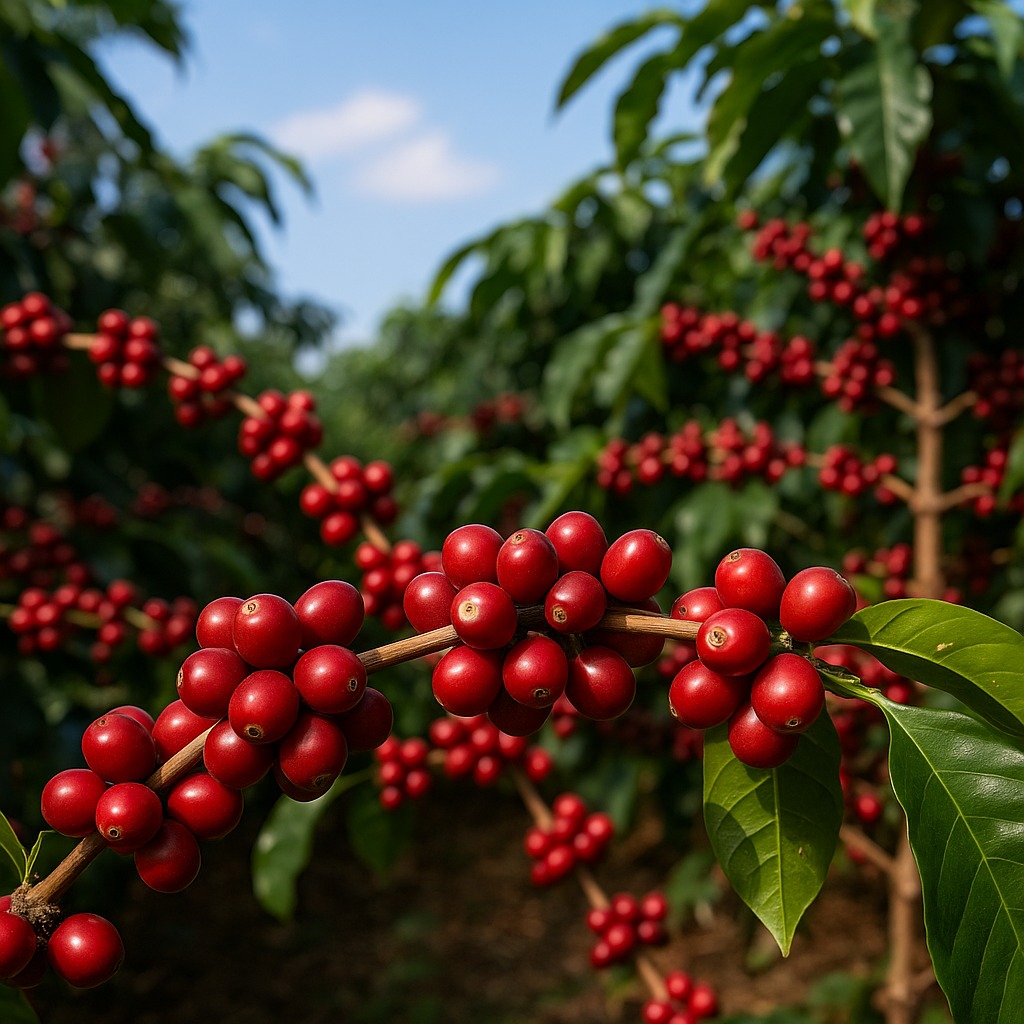
China Welcomes 183 Brazilian Coffee Exporters Amid Rising U.S. Tariffs
Beijing – August 3, 2025 (Qahwa World) – China has approved 183 new Brazilian companies to export coffee to its markets, in a move widely seen as a strategic shift in the global trade map—especially as it follows the United States’ recent announcement of a 50% tariff on Brazilian coffee and several other imports, effective August 6.
The Chinese decision, announced by the Chinese Embassy in Brazil, came into effect on July 30 and grants the new export licenses a validity of five years—a valuable opportunity for Brazilian exporters impacted by the recent U.S. trade policy.
The United States is the largest importer of Brazilian coffee, purchasing around 8 million 60-kg bags annually, representing roughly one-third of U.S. coffee consumption, with a total value of nearly $4.4 billion in the 12 months ending June 2025.
However, the new U.S. tariffs have pushed Brazil—the world’s top coffee producer—to seek alternative markets. China stepped in swiftly, seizing the geopolitical moment to enhance its role as a major importer of agricultural commodities and diversify its sources, especially in the rapidly growing domestic coffee sector.
In June alone, Brazil exported approximately 440,034 bags to the U.S., compared to only 56,000 bags to China, according to data from the Brazilian Coffee Exporters Council (Cecafé). This significant gap underscores the potential for China to expand its imports and strengthen its domestic coffee culture.
According to experts, the impact of this move goes beyond the bilateral ties between Beijing and Brasília. It reflects a new global reality marked by the restructuring of supply chains amid rising trade tensions.
For Brazil, diversifying export markets is no longer optional—it is an economic necessity. China, in particular, is showing growing interest in specialty coffee, fueled by the rise of coffee culture among young people in major cities such as Beijing, Shanghai, and Guangzhou.
Companies like Starbucks China and Luckin Coffee are fueling this demand, presenting a major opportunity for Brazilian farmers and exporters—especially those engaged in sustainable production chains and offering traceable, high-quality crops.
The five-year validity of the new export licenses offers Brazilian farmers and traders a measure of stability amid market fluctuations. It also enhances their ability to plan upcoming harvests and redirect investments to meet Chinese market demands.
The Chinese decision may ease the shock of the U.S. tariffs and could mark the beginning of a fundamental shift in the global coffee trade, with the potential for large volumes of Brazilian coffee to head east instead of west.
This move is far from being a mere bureaucratic adjustment—it is a clear signal that China is emerging as a major player in the global coffee market, especially amid growing protectionist policies in the West.
While many still question China’s capacity to absorb such large volumes of Brazilian coffee, industry experts believe the future may be Asian—driven by the rise of China’s middle class and a consumer taste increasingly leaning toward specialty coffee.



